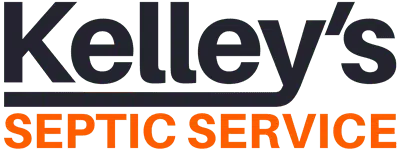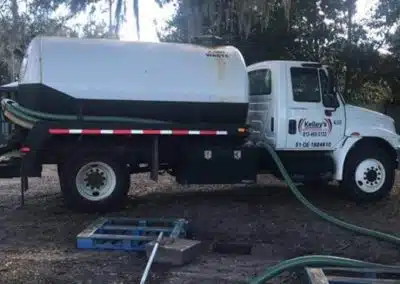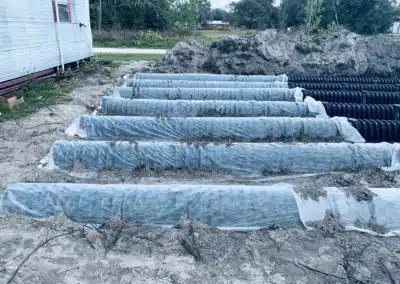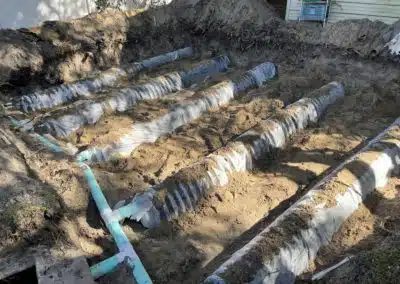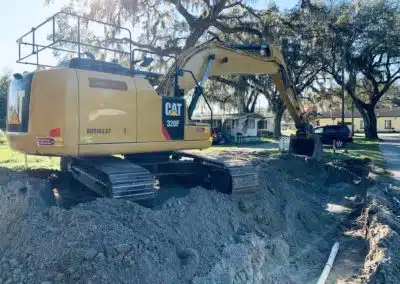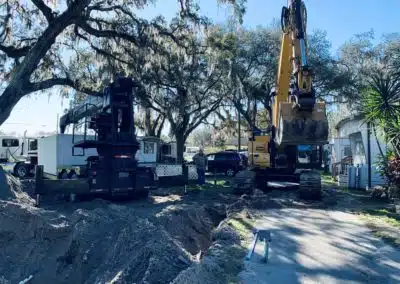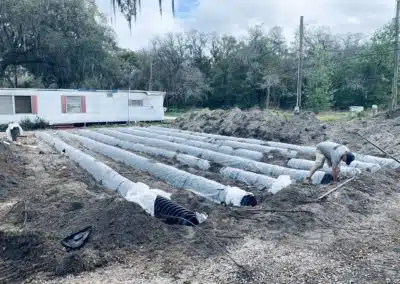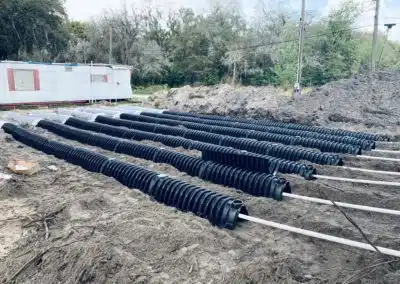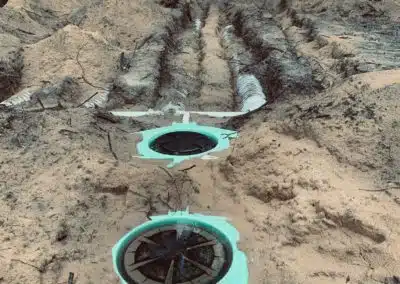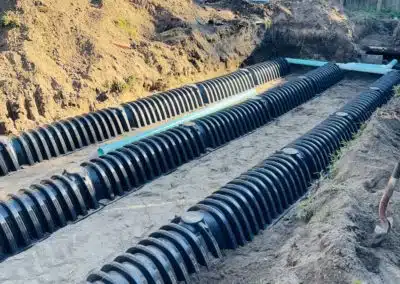Expert Septic Services in Zephyrhills, FL
Based in Zephyrhills, Florida, we have been providing top quality residential and commercial septic services since 2018. Our team has the training, skills, and experience to provide you with septic services you need.
Our SERVICES
We are committed to serving our clients with honesty and providing the least disruptive experience possible.
SEPTIC PUMPING
Avoid frequent clogs, sewage backups, and other unpleasant plumbing problems by having your septic tank pumped.
SEPTIC REPAIRS
Experiencing sewer odors, frequent clogs, or wastewater backups? Your septic system may be failing and in need of repair. Call today!
SEPTIC INSTALLATION
We provide premium septic services including new septic tank system installation, repairs, and replacement.
SEPTIC INSPECTIONS
Our friendly, knowledgeable, and experienced team is ready to help with your next septic tank or system inspection, repair, or replacement.
FAMILY OWNED & OPERATED
We are a local company serving the Zephyrhills and Central Florida region for decades. We promise to bring integrity, honesty, and knowledge to every new septic pumping, septic cleaning, or septic repair job. We will clean your septic tank completely, diagnose any issues, take pictures, and educate you.
HAPPY CLIENTS
STAR RATING
YRS IN BUSINESS
Your One-Stop Septic Service in Zephyrhills, FL
We provide customers with a full line of septic services in Zephyrhills as well as Hillsborough, Pasco, and Polk counties. We specialize in septic pumping, septic inspections, septic repairs, and new septic system installations. Call us and we will bring years of experience to successfully service, repair, clean, pump, or replace your septic system.
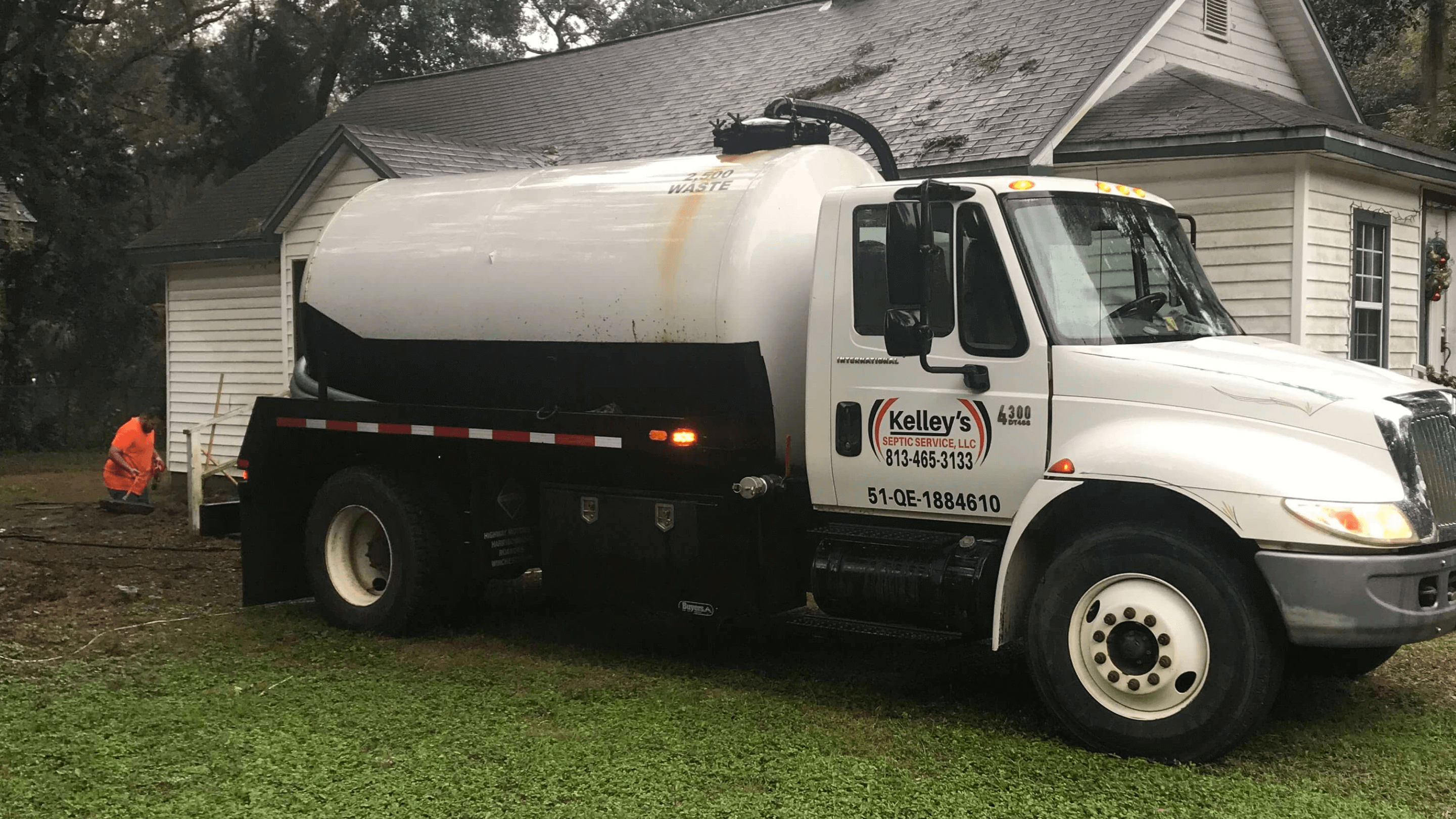
Highly-Qualified Professionals
We always offer the most cost-effective and least invasive solution for your needs.
Fast & Affordable Services
Fully licensed by the state of Florida and a five star reputation from past clients.
Satisfaction Guaranteed
All of our customers have the same priority! We treat every job as our only job.
OUR TESTIMONIALS
REQUEST A FREE ESTIMATE
GET IN TOUCH WITH US!
If you have any questions, comments or concerns please feel free to contact us any time. We are available 24/7/365 and dedicated to taking care of all of our customer needs. If you send us an email or leave us a voicemail, we will respond to that email or voicemail as quickly as possible.
We would also love to hear about your experience with us! Please feel free to give us feedback!
OUR MAIN OFFICE
4106 Gall Blvd
Zephyrhills, FL 33542
CALL US
(813) 782-6822
